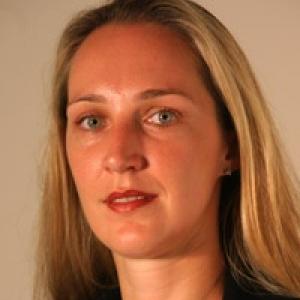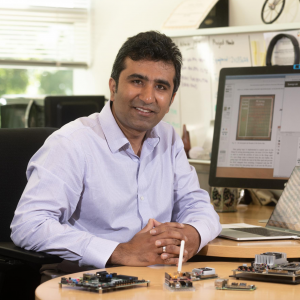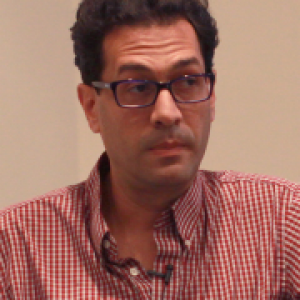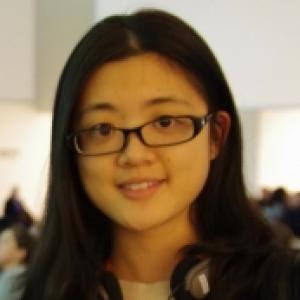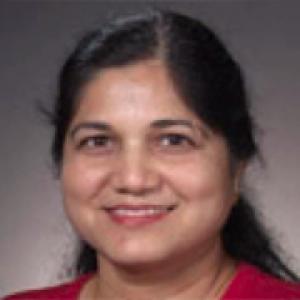Xiaoli Ma

Xiaoli Ma
Professor
Dr. Ma received a B.S. degree in Automatic Control from Tsinghua University, Beijing, China in 1998, a M.S. degree in Electrical Engineering from the University of Virginia in 2000, and a Ph.D. degree in Electrical Engineering from the University of Minnesota in 2003.
After receiving her Ph.D., Ma joined the Department of Electrical and Computer Engineering at Auburn University, where she served as an assistant professor until 2005. Since spring 2006, she has been with the School of Electrical and Computer Engineering at Georgia Tech.
IRI Connections:



